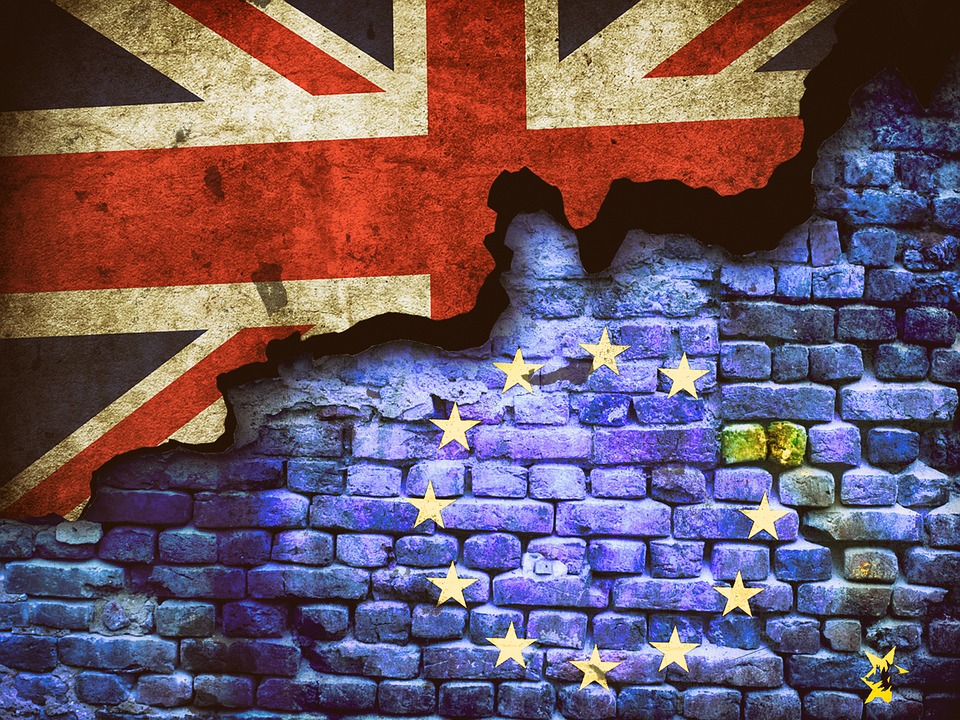Brexit and its implications for global business

A "Brexit" is the word that is used as shorthand for saying UK exit from the EU is a fusion of the words “UK” and “exit” to get Brexit, similar to how Greece’s most likely exit was named Grexit.
Uncertainty
A referendum was held in the UK on June 23, 2016, and a decision was made on the outcome of the referendum to withdraw the UK from the EU. The UK was to disconnect on March 29, 2019, two years after the exit process was launched, referring to Article 50 of the EU Lisbon Treaty. But the exit agreement concluded between the EU and the UK was rejected three times by the British Parliament.
The European Union granted an initial extension of the process under Article 50 until April 12, 2019, extended by another 6 months to October 31, 2019. These extensions should allow the parties to agree. However, the UK will withdraw from the EU without any agreements, unless the exit agreement has been ratified by the UK and the EU.
To date, the draft agreement on the procedure for interaction between the EU and the UK has not been agreed upon and has not received approval. In this regard, the increasing concern is the possibility of a British exit without an agreement.
When?
An exit without an agreement can take place on October 31, 2019.
Implications for the relationship between Britain and the EU
The UK will lose all the advantages offered by the European Union, in addition, the UK will acquire a land border. On the other hand, the UK will be able to develop independent rules and regulations without regard to EU requirements and standards. Contact with the EU will be interrupted instantly, without the transition or adaptation period stipulated by the agreement.
Business implications
1. EC holds a leading position as a sales market for the UK. Exports to European countries account for 51% of total UK exports. These indicators are also relevant for the EU, which shows steady trade relations between jurisdictions. Accordingly, the appearance of borders will lead to a decrease in trade flows, an increase in the cost of exports and imports, which in turn may lead to a shortage of some products.
2. Limiting mobility with the loss of the status of an EU citizen. For businessmen and citizens of Great Britain, this can be a serious blow, since such a loss can complicate both business relationships and family ties. In addition, this will entail additional visa costs.
3. Workers, EU citizens who are in the UK, will be forced to obtain additional permits to continue their activities or return to their homeland.
4. Interaction with counterparties from the EU will make it necessary to undergo a new procedure for compliance with the GDPR, to ensure representation in the EU, to ensure the reliability of the cross-border transfer of personal data.
5. The outflow of investments in the UK will follow.
6. Under the impact will also hit financial institutions that have permits in the UK, allowing them to operate in the EU.
7. On the other hand, this may allow opening new markets - such as China and ensuring interaction with previously unattractive jurisdictions under new conditions.
8. Large organizations are already thinking about moving headquarters from London, which will also worsen the business infrastructure.
9. Loss of representative offices in the UK for companies registered in other EU jurisdictions.
10. Cash outflow from the UK along with the departure of the business.
Who will be affected
In the event of a UK exit without reaching an agreement with the EU, all UK companies targeting the EU market, UK citizens and EU citizens located in that country will be adversely affected.
How to prepare
In order to minimize the damage from the negative effects of a sharp exit from the European Union, many entrepreneurs are moving their business to the countries of the European Union. To do this, you should analyze the most comfortable jurisdiction for your business, select the legal form for registering a new company. In the future, it may also allow you to obtain a residence permit in the selected jurisdiction and EU citizenship. In addition, it is necessary to prepare in advance for the possible consequences of Brexit without transferring business from the UK. The first step will be an analysis of possible risks for your company, the allocation of funding to reduce risks and then - the adoption of preventive measures.
If you are holders of licenses that allow you to operate in the EU, in advance, obtain the missing permits for the possibility and further provision of services or goods without company downtime. Entry into new markets is a tempting prospect for the UK, which also needs to be worked out at an early stage, before a direct exit from the EU.
The main risk that Brexit carries with it is uncertainty and failure in business processes if companies are not prepared. At the moment, less than 10% of companies located in the UK can confidently report that they are ready for any order of exit of the UK from the EU.
Our services
1. Selection of a jurisdiction meeting your requirements and goals for transferring business and assets to the EU.
2.Assistance in company registration.
3. Selection of the most optimal option for taxation and other parameters for obtaining a residence permit, and later - citizenship in the EU.
4. Assisting in opening accounts in other countries of the European Union.
5. Preparation for more stringent requirements of GDPR and cross-border data transfer operations.
6. Opening of representation in the EU.
7. Counselling on minimizing risk with Brexit
The specialists of Law and Trust International are ready to select for you individual solutions for preparing for the implementation of Brexit. For more information, contact us.





























































